Myanmar: Seven Years of Rohingya Genocide
Benedict Rodgers writes in his column published in UCANews on Aug. 26, 2024, that Rohingyas are facing the gravest threats since 2017 when more than 750,000 were forced to flee to Bangladesh.
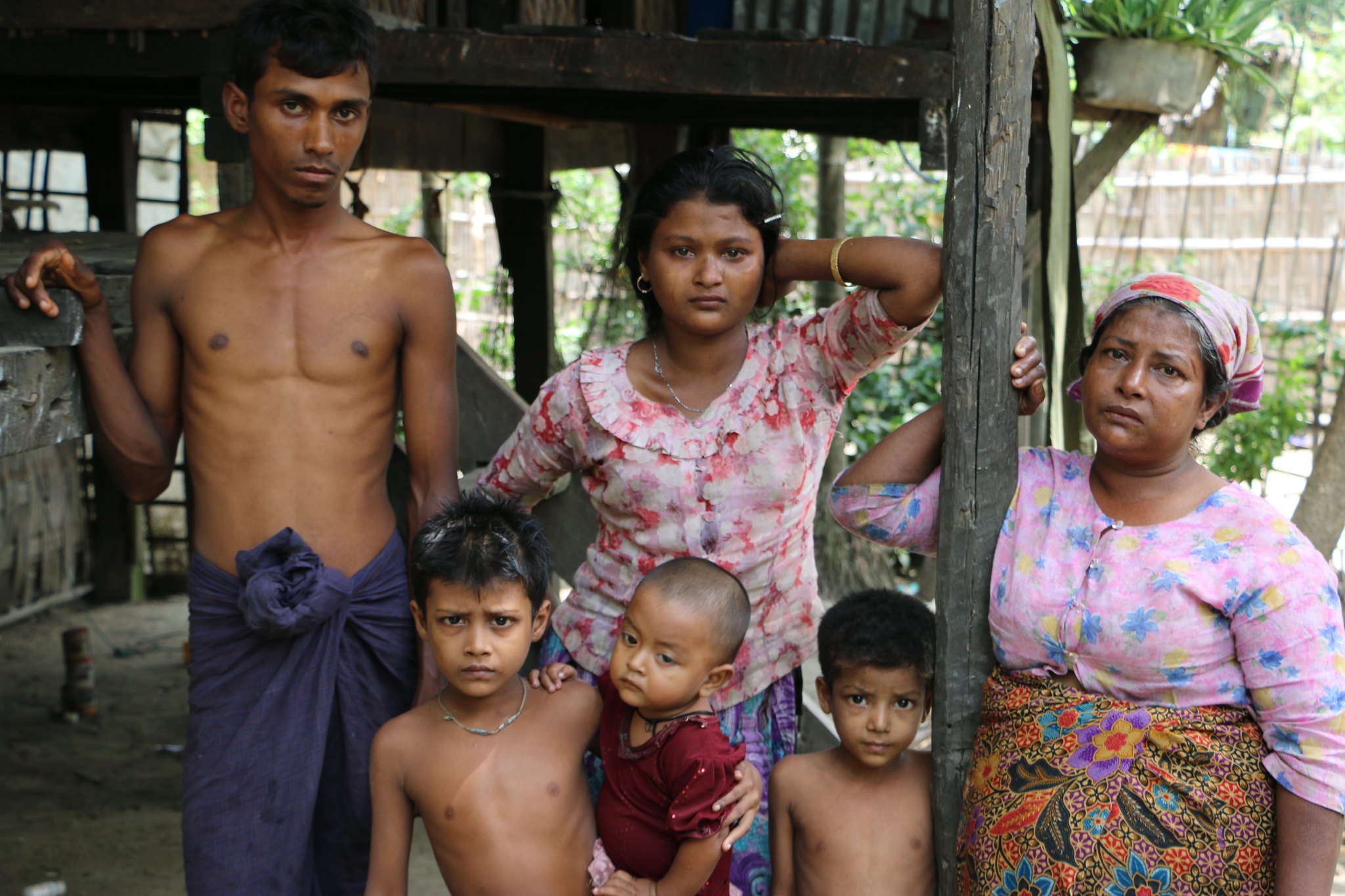
Benedict Rodgers writes in his column published in UCANews on Aug. 26, 2024, that Rohingyas are facing the gravest threats since 2017 when more than 750,000 were forced to flee to Bangladesh.

The UN Security Council held its first open meeting on Myanmar since 2019 in New York on April 4, 2024.
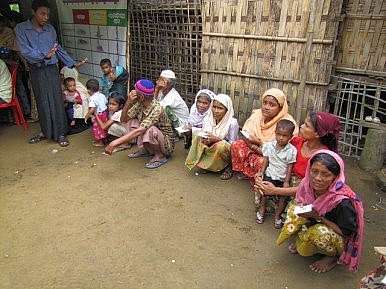
The Maryknoll Sisters and the Maryknoll Fathers and Brothers have both sent letters to some of the world’s largest oil and gas companies who are doing business in Myanmar, as a form of investor advocacy on behalf of the persecuted Rohingya Muslim minority.

International news agencies have reported in recent weeks that thousands of people in Myanmar who identify as religious and ethnic minorities and face severe restrictions inside the mainly Buddhist country have fled to the border with Bangladesh to escape fighting between the military and armed members of minority groups, only to be turned back by the Bangladeshi border guards. Faith groups in the U.S. were scheduled to deliver the following letter to Congress in early September in an attempt to halt a provision in a current defense authorization bill that would increase U.S. military cooperation with the government of Myanmar.
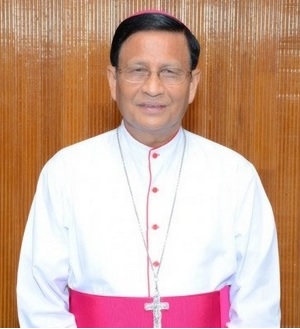
Cardinal Charles Bo of Yangon, in a message published by ZENIT on June 26, calls for an independent investigation of war crime allegations and appeals for an end to crimes against the Rohingyas minority. On June 30, the government of Myanmar, led by Nobel Peace Prize Laureate Aung San Suu Kyi, denied visas to UN investigators.
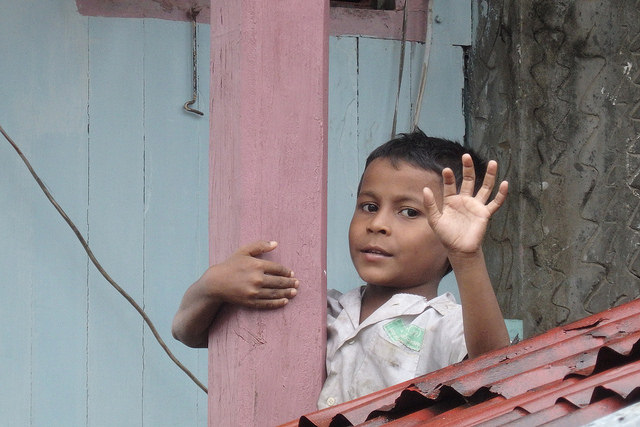
The people of Myanmar have seen hopes for peace intensified in recent months, only to have them threatened by further human rights abuses and warfare.
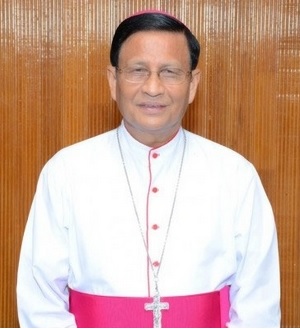
The following interview with Cardinal Charles Maung Bo, the leader of the Catholic Church in Myanmar, was published by the Union of Catholic Asian News (UCAN) on December 2.
The leader of the Catholic Church in Myanmar, Cardinal Charles Maung Bo, speaks out against recent discriminatory voting rules that could lead to violence as the national Election Day on November 8 nears.
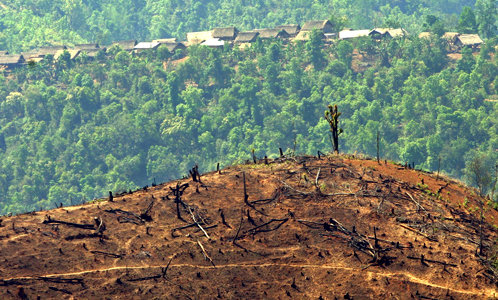
The problem of illegal logging in forests in the developing world represents a microcosm of the phenomenon of exploitation of natural resources by corrupt governing elites that wreak environmental damage while simultaneously diverting government revenue away from public goods.

The recent surge of 4,000 Rohingya migrants that fled Myanmar and Bangladesh in April and May illustrates a story rooted in discrimination and ostracism based on anti-Muslim bias that permeates the Buddhist-majority nation of Myanmar.
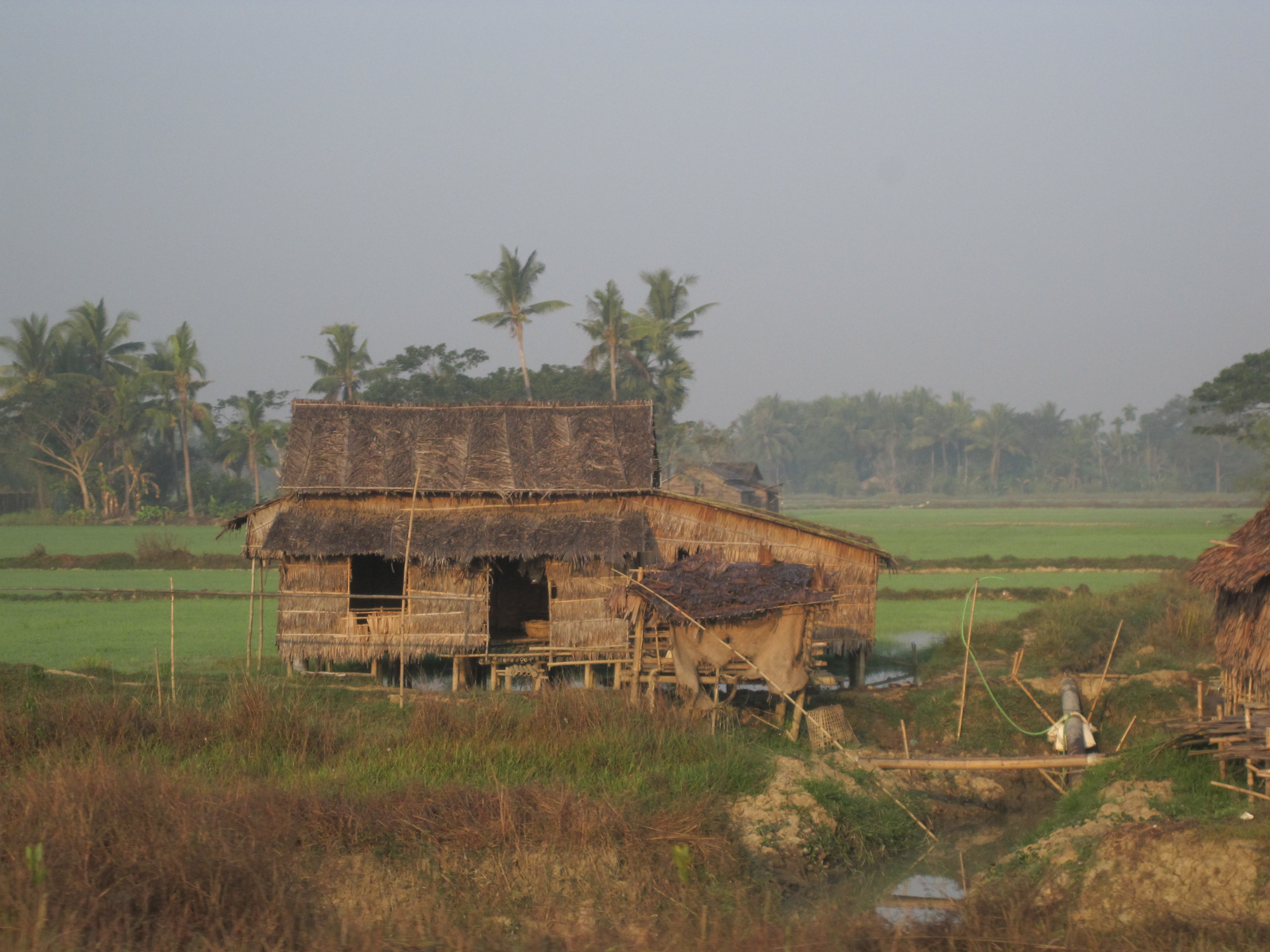
The following article was published in the March-April 2014 NewsNotes.